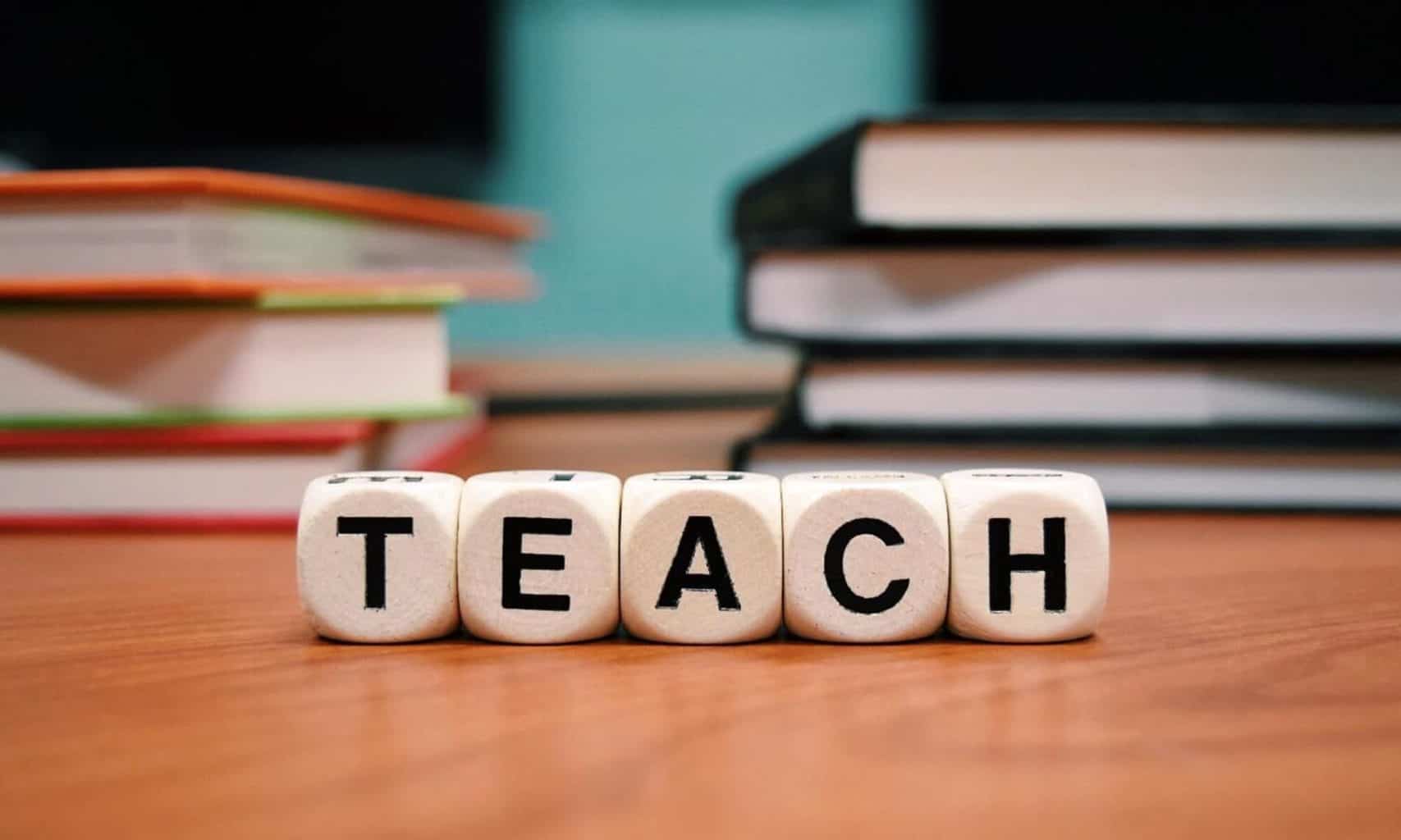
I very much loved the concept of document based lessons. It aligns with the high school history standards very well as most of them are related to primary and secondary sources. I also liked creating the flow to a unit where the students eyes would be opened progressively throughout the unit. It is generally the way that I like to teach. Creating the PowerPoint and the Google Site were useful ways to get to know the technology. Both Google Sites and Google Slides are very useful in the classroom and if I had not already known how to use both of them I would have thought that it was worth the time to be able to fiddle around with them. I did find it very redundant to be doing it on the same topic over and over again, especially with the time that each took from our work on our unit plans and our thesis. Ibooks on the other hand was a different story. The technology is so cool and does have so many options that are functional, interactive, and engaging. This was weighted however with the fact that it can only be used on Macs and the whole process essentially felt like the struggle we deal with in our classrooms of the students who have access to technology and those who do not. I was very grateful for the flexibility to be given the chance to work more on the books for a second class period as it definitely helped to mediate that have/have-not mentality.
Overall it was a good projects that would be helpful in the future that utilized cool technological assets. It was a lot of work to be doing during everything else but by it’s self was worth it.
